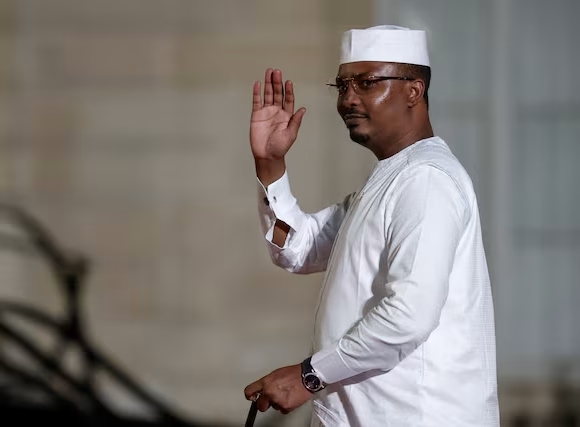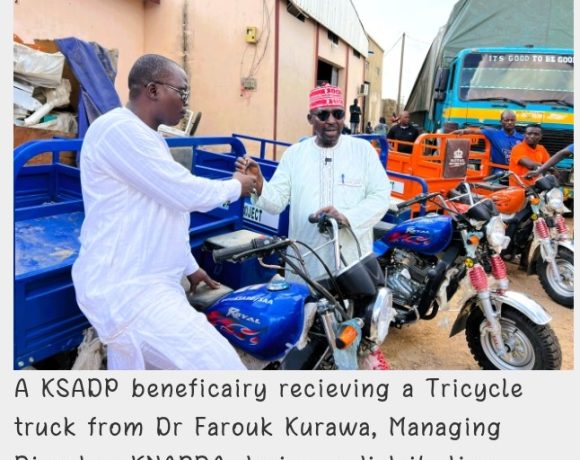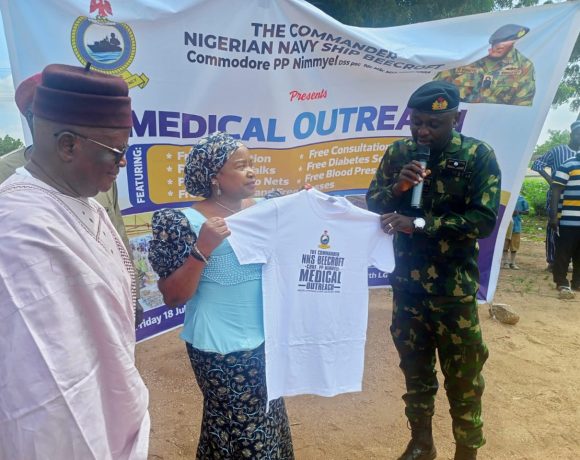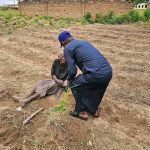From Conflict Zones to Innovation Hubs: The Human Impact of the Abraham Accords
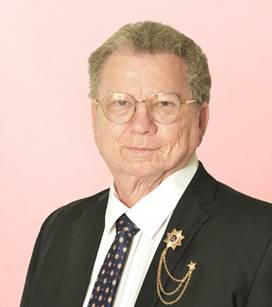
Israel
Opinion by Samuel Shay, Entrepreneur and Senior Economic Advisor to the Abraham Accords
The Abraham Accords have brought about an unprecedented transformation in the Middle East: from a region marked by conflict, mistrust, and hostility to one defined by cooperation, innovation, and hope. What began as a diplomatic initiative has evolved into a deep human and economic process driving real social change at the heart of both Arab nations and Israel.
From Dispute to Partnership
The Israeli-Arab conflict, which dominated the region for decades, is gradually being replaced by relationships built on mutual interests and practical cooperation. The Accords established not only a diplomatic framework but also a foundation for a new human dialogue among Jews, Muslims, and Christians working together to promote education, healthcare, agriculture, and clean energy. This represents a shift from “peace on paper” to “peace in action” a daily reality experienced by people and communities on the ground.
Education and Knowledge as Pillars of Change
Education stands as one of the key pillars of this transformation. Academic institutions in Israel, the Gulf states, and Africa are working together through student exchange programs, innovation centers, and applied research collaborations. The Edu Tech sector is booming, equipping younger generations with technological and entrepreneurial skills that open pathways to employment and creativity. Instead of a generation shaped by conflict, a generation of innovators and creators is emerging.
Healthcare and Human Development
The healthcare sector has become one of the most prominent examples of positive impact under the Accords. Joint projects between hospitals in Israel and the Gulf have led to groundbreaking medical research, the development of telemedicine systems, and cooperative medical training programs. Together, these efforts have built a regional ecosystem of medical innovation that ensures equal access to healthcare and enhances the quality of life for millions.
Agriculture, Water, and Food Security
Water and food shortages have always been among the region’s greatest challenges. Today, by combining Gulf capital with Israeli technology and expertise, major projects in smart agriculture, precision irrigation, and vertical farming are being established. Across Africa, these initiatives are creating thousands of jobs, strengthening community resilience, and promoting both environmental and economic sustainability.
Interfaith Collaboration: Beyond Religion and Politics
One of the most remarkable human achievements of the Abraham Accords is the normalization of interfaith cooperation. Jewish, Muslim, and Christian institutions and organizations now work together in education, healthcare, and humanitarian aid. What was once unimaginable a church, a mosque, and a synagogue collaborating for shared goals has become a new reality of tolerance, acceptance, and partnership.
The Role of the Private Sector and Social Investment
The private sector is the driving engine of this socio-economic revolution. Leading venture funds, family offices, and financial institutions are now investing in projects with genuine social impact. New regional funds are supporting entrepreneurs in fields such as education, social fintech, renewable energy, and affordable healthcare. In this way, the economy becomes a tool for peace, where profit and purpose are not opposites but complements.
Building a Future of Civic Partnership and Regional Security
Economic development is creating a profound shift in public perception. Citizens of the region are beginning to see one another not as adversaries but as partners. This new civic awareness replaces fear with trust and conflict with cooperation, fostering social stability. The region’s new security model is based less on weapons and more on prosperity: when a shared economy is built, peace becomes sustainable.
Looking Ahead
The next stage of the Abraham Accords must focus on deepening human collaboration. Investment in education, healthcare, and employment is key to sustaining progress. The more children study together, the more entrepreneurs collaborate, and the more citizens benefit from the fruits of peace the stronger the foundations of stability and growth become.
The Abraham Accords are not merely a political achievement; they are a social revolution. They mark the transition from a divided Middle East to a creative one, from a region of fear to a source of inspiration. In this new era, where innovation replaces hatred, a new regional identity is emerging one built on partnership, creativity, and hope for generations to come.



